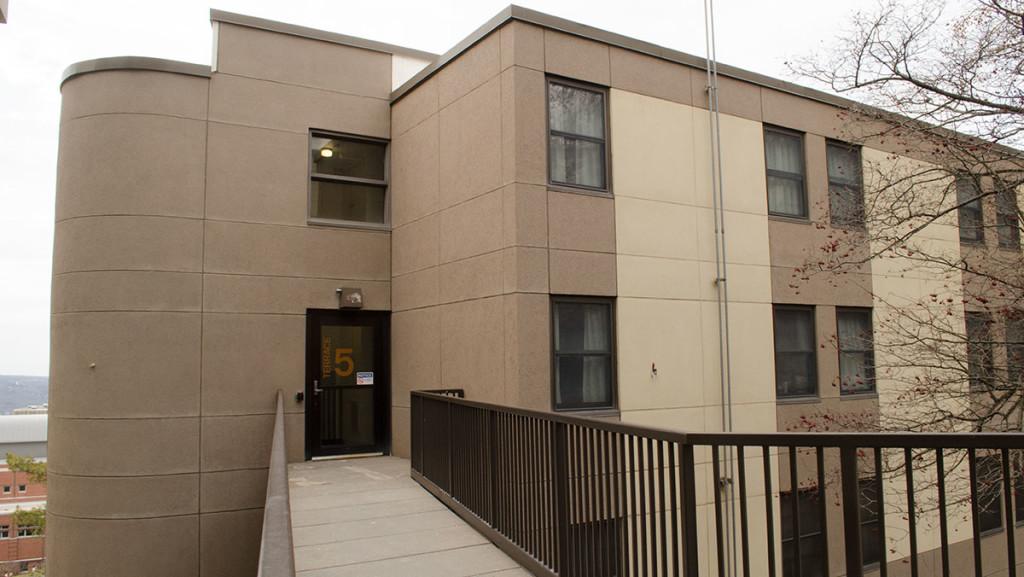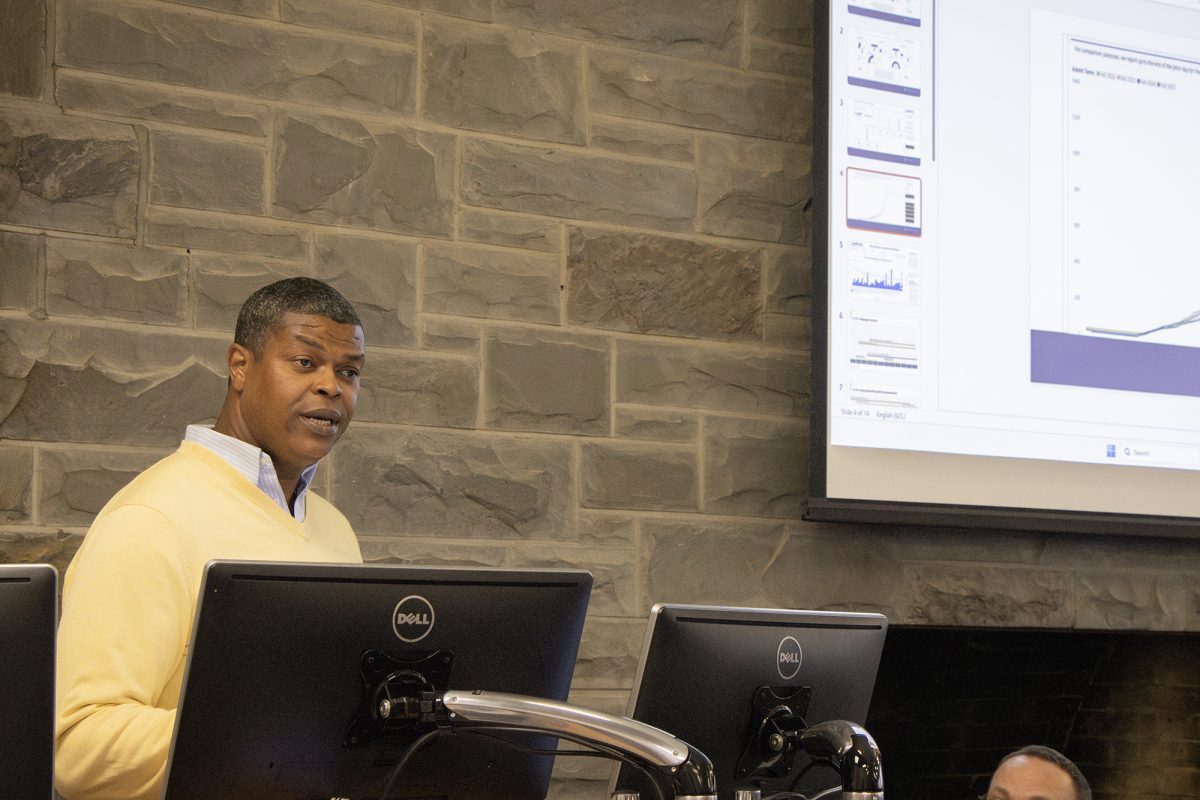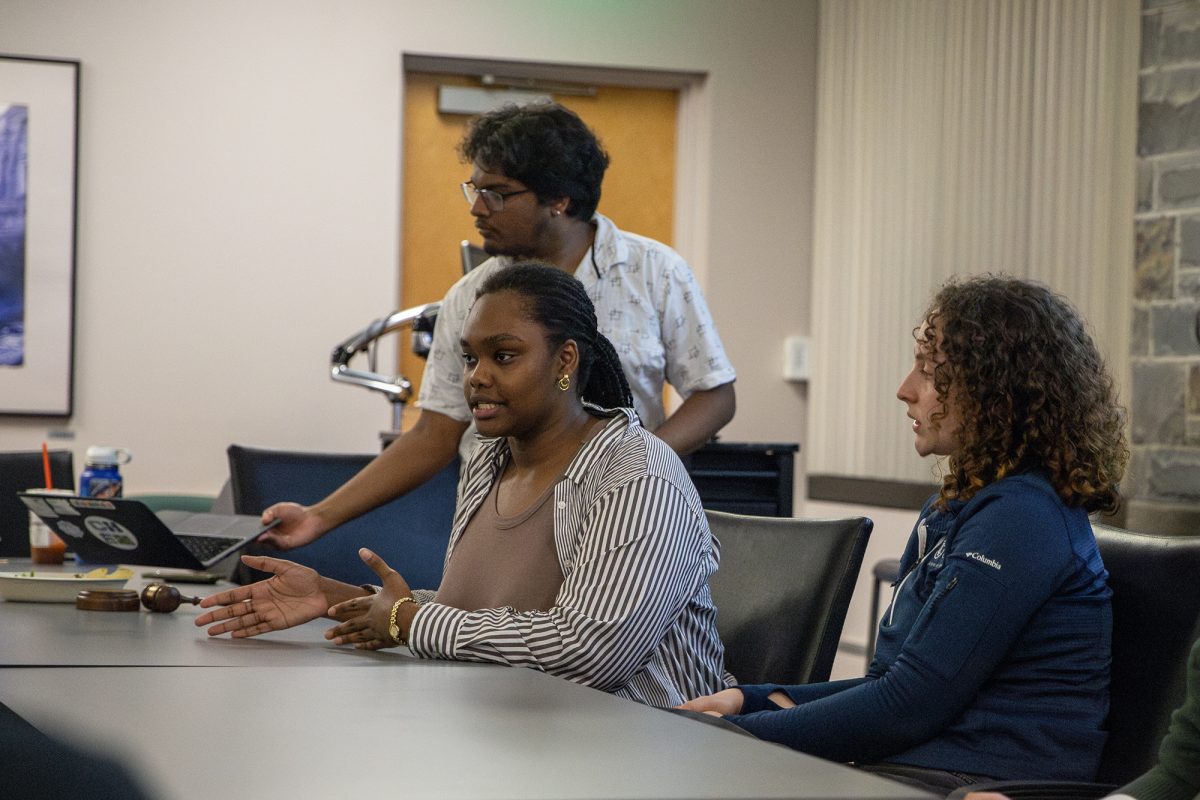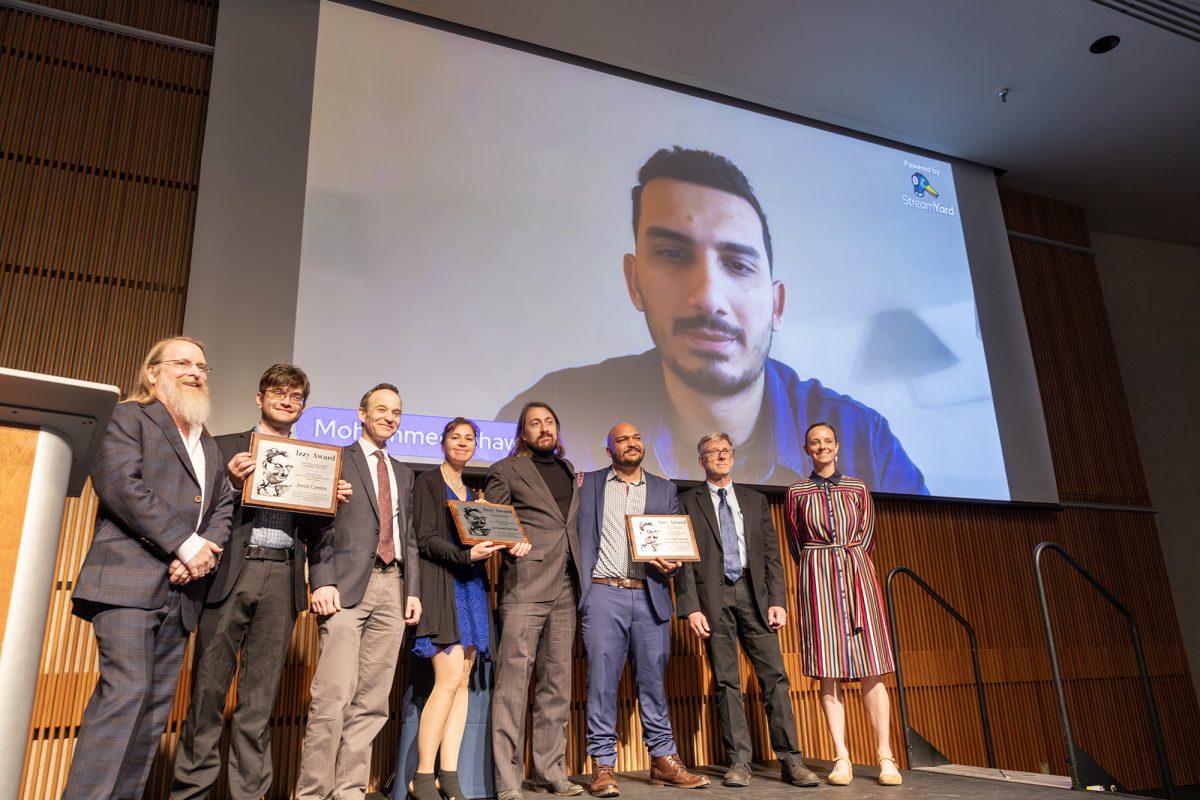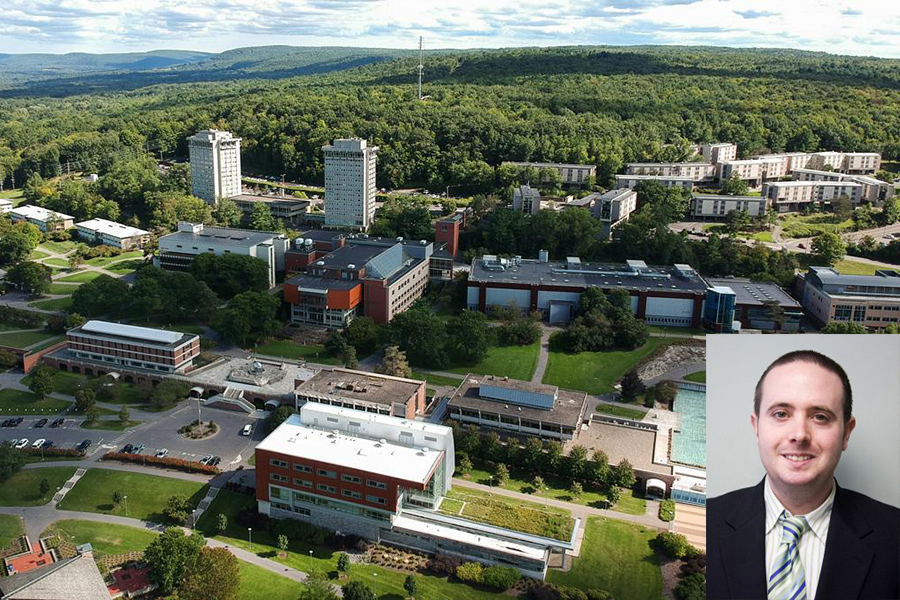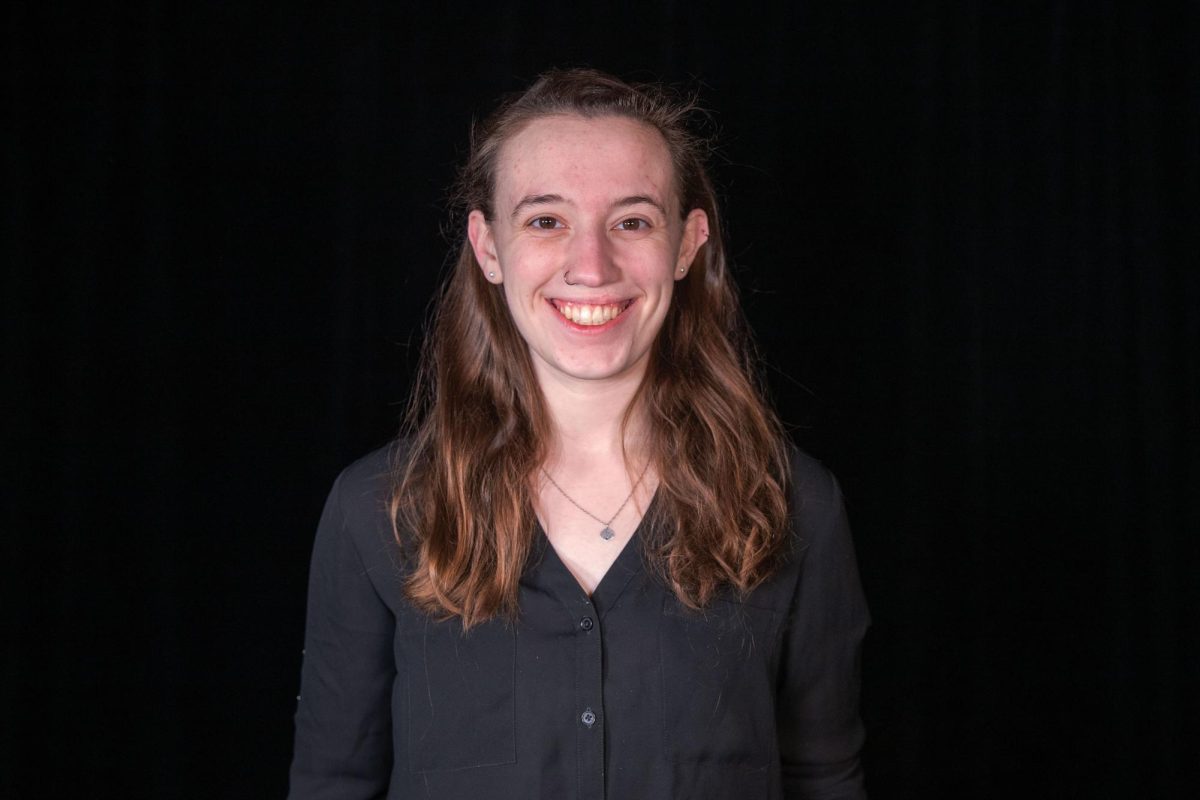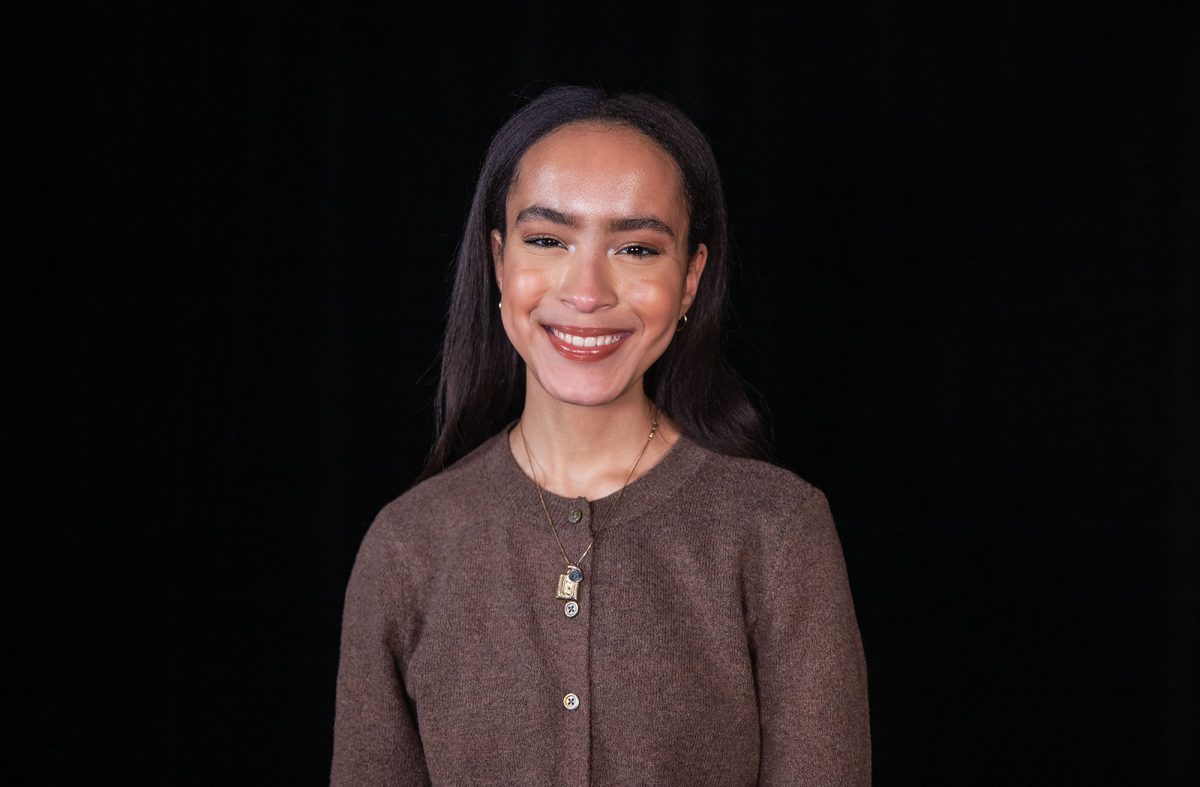A Residential Learning Community combining Spanish and Italian will be returning to Ithaca College.
La Casa aims to create an environment where students will be exposed to languages and cultures through residential immersion. The learning community will be located on the first floor of Terrace 5 in the 2016–17 academic year and will be available to all upper-year students. La Casa is organized by Annette Levine, associate professor and Latin American studies coordinator; Enrique González-Conty, assistant professor in the Department of Modern Languages and Literatures; and Marella Feltrin-Morris, associate professor in the Department of Modern Languages and Literatures.
Jacqueline Kay Winslow Robilotta, assistant director of the Office of Residential Life, spoke about the development of La Casa and the reasons behind its creation.
“The community was formed from a desire to have partnership between academic and student life at IC,” Robilotta said. “In partnership with three faculty members from the modern languages department, we have been working hard to get the word out about La Casa to interested students.”
La Casa was originally an exclusively Spanish-based learning community called Vecinos, organized by Levine, and has been on hiatus since the 2013–14 academic year following dwindling enrollment, Levine said via email. Vecinos, Spanish for “neighbors,” was launched in 2006.
Levine said she and the other organizers have collaborated with the Italian program to create La Casa while retaining the term Vecinos to refer to the Spanish subset.
Kevin Perry, residence director in the Office of Residential Life for the lower Terraces, said the idea of La Casa came from a desire to bring language-based learning communities back to Terraces.
Potentially, Levine said, she hopes other language communities will join La Casa.
“We hope to offer French in the future, but that is pending on the Ithaca College provost’s approval of a tenure-track hire in French,” Levine said.
Like the other learning communities, La Casa will provide an environment where students can bond over mutual interests and participate in events together.
Sophomore Brianna Warner said that from her experience living in the Honors RLC, living in a residential learning community can be beneficial in creating a close-knit social experience.
“Being part of an RLC experience is a bit different from regular housing,” Warner said. “You get a bit closer with people on your floor because you get to interact and have special events and such.”
There are many activities planned for La Casa, some of which may include movie nights, Latin dance lessons, cooking nights, conversation groups, dinners, holiday parties, guest speakers and field trips, all in Spanish or Italian, according to the college’s website. González-Conty said this way,, students can pick up the language more naturally.
“You can study through books, but by personal experiences, you get to master it,” he said. “The books won’t show you the language of the street. You need to go out and, for example, learn slang. These communities would help with the oral component.”
To participate in La Casa, Robilotta said, an application must be filled out on HomerConnect and includes a series of questions about interests, the types of activities a student would want to see offered and a language proficiency test. She said 22 spots were available and the competitiveness depends on the number of applicants.


